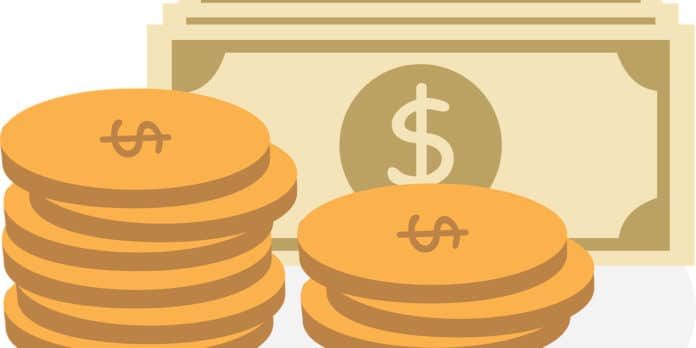The world is full of investment risk and, contrary to recent predictions, interest rates have not gone up, but are now falling to historic lows. In parts of Europe, mortgage rates are now zero. To help us with what we should be doing in this new world, we asked our go-to financial professional, Scott Brewster, CFP®, MBA, EA.
- Why are rates falling? Because, the bottom line is people want the secure income of bonds and so companies and governments are able to issue debt at lower and lower interest rates and still attract people to buy them. The demand for bond income and bond safety is making rates fall.
- Does this mean we are heading towards a recession? Low-interest rates by themselves do not mean we are headed towards a recession. In fact, lower rates can encourage people to take out debt and buy things because the lower the interest rate the cheaper the payments. That is why when governments want to stimulate an economy they might target lower interest rates to encourage borrowing and spending. That said, if you have an inverted yield curve where the two-year treasury is yielding more than the ten-year treasury that is a good signal that a recession might be in the near future. In the case of an inverted yield curve, investors are happy to tie up money in longer-term bonds at a lower rate because they worry about what the near term might bring. That said, even though an inverted yield curve is a good predictor of recessions it is not good at predicting when. A recession could be a couple of years off, or the darn thing is, with indicators, they work until they don’t. We might not have a recession at all.
- What should I do differently with my money now rather than when rates were higher? Not much. Hopefully, one is properly diversified for one’s goals and living within one’s means. If that is the case, the current low-interest-rate environment should not matter. With lower interest rates generally comes lower inflation, just as we are seeing now. It is generally a trade-off. Higher interest rates often come with higher inflation. The key in both environments is to be well-diversified and live within one’s means.
- Are there advantages? Yes, refinancing one’s house is a perfect example and generally into a fixed, not variable, rate. Refinancing debt in general, but be careful of refinancing federal student loans. You might not want to lose some of the protections and repayment features that come with federal student loans. I would also make sure you don’t own any long-term bonds; if interest rates do go up, long-term bonds can drop in value meaningfully. I would only recommend owning short-term and intermediate-term bonds which are not as negatively affected by rising interest rates.
- Gold has been going up and so some might be tempted to buy it. I would strongly encourage people to avoid thinking of gold as a good long-term investment. Gold is a commodity, and as a commodity is just an expensive kind of mineral dug out of the ground. As a society, we are getting better and better at digging and so just like all commodities I think their upside is quite limited. On top of the limited long-term upside, gold is quite volatile. So you have volatility with not much long-term potential. Not a big fan. I say that as a person who loves the look and feel of gold. I get why people like it, I just don’t like its investment prospects.


